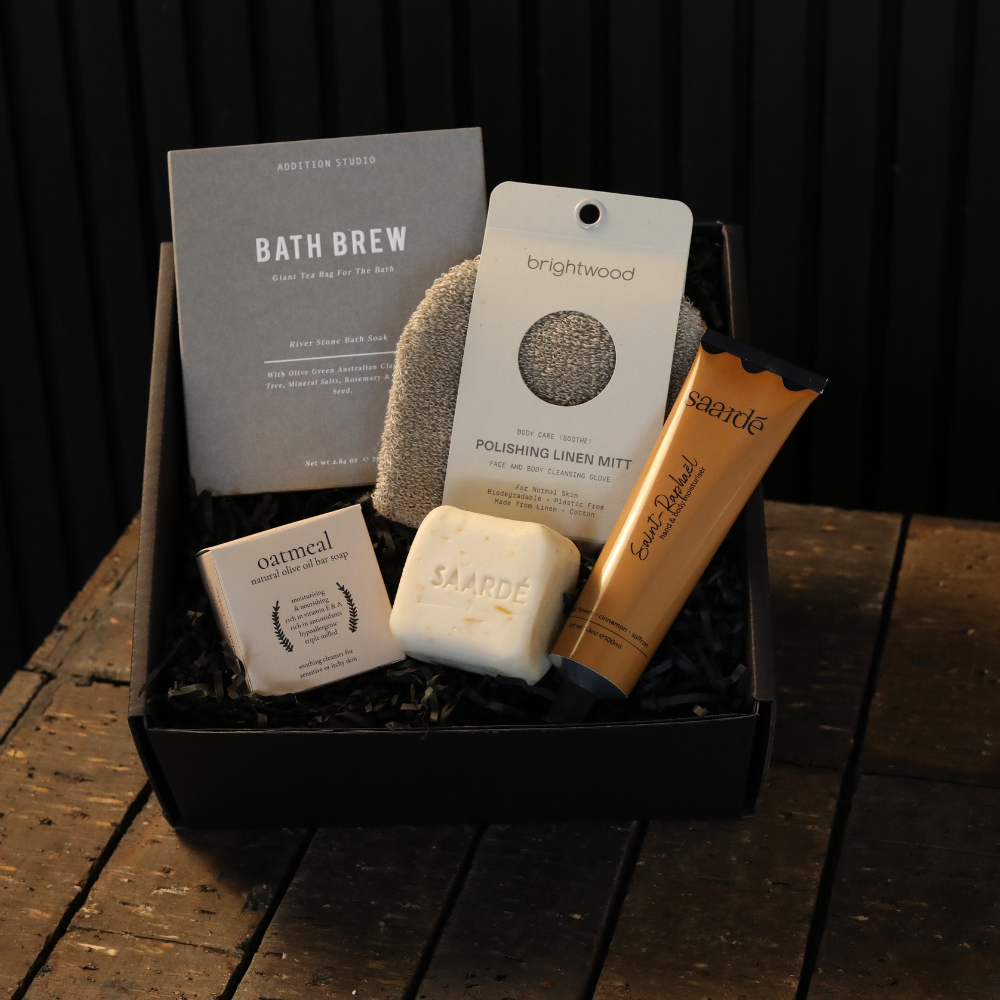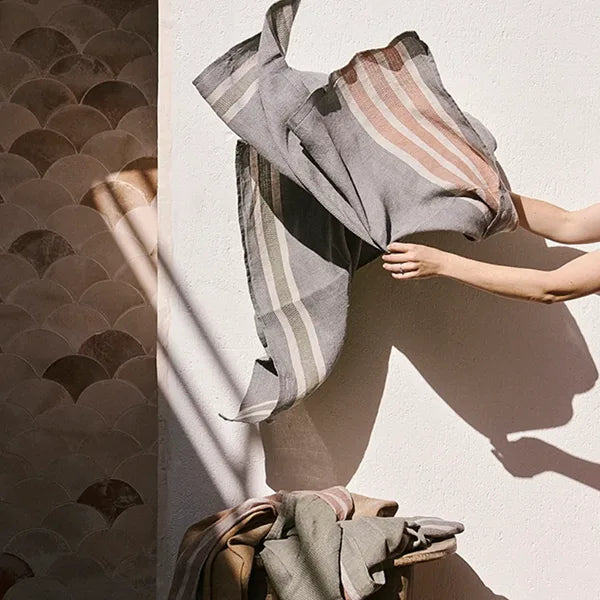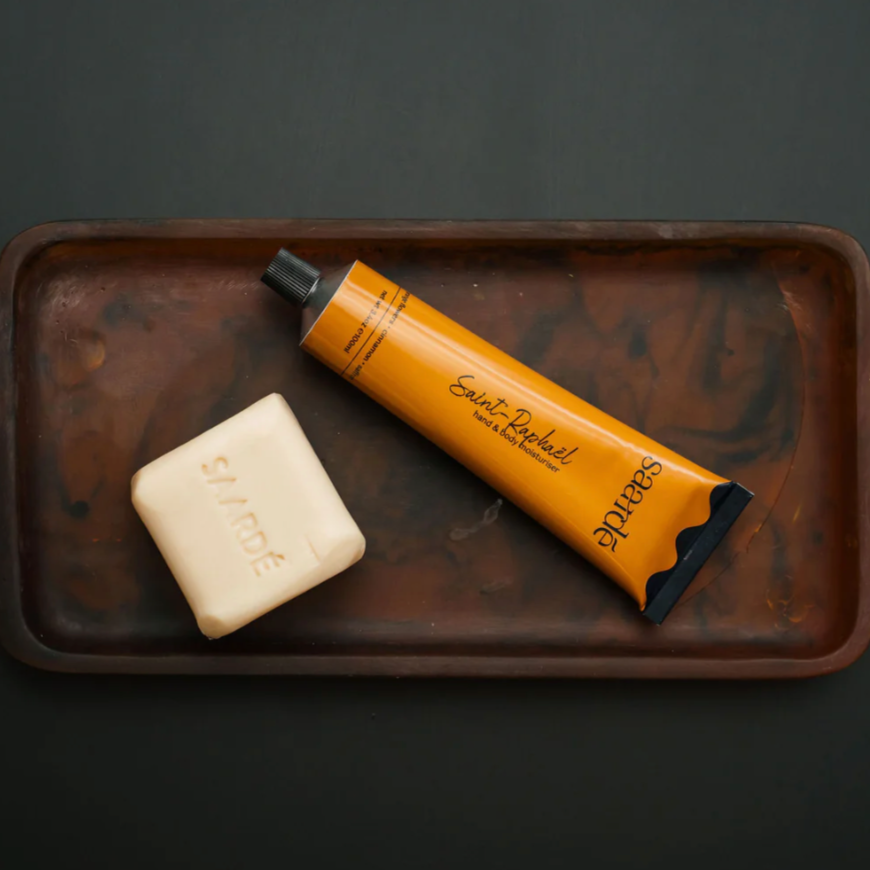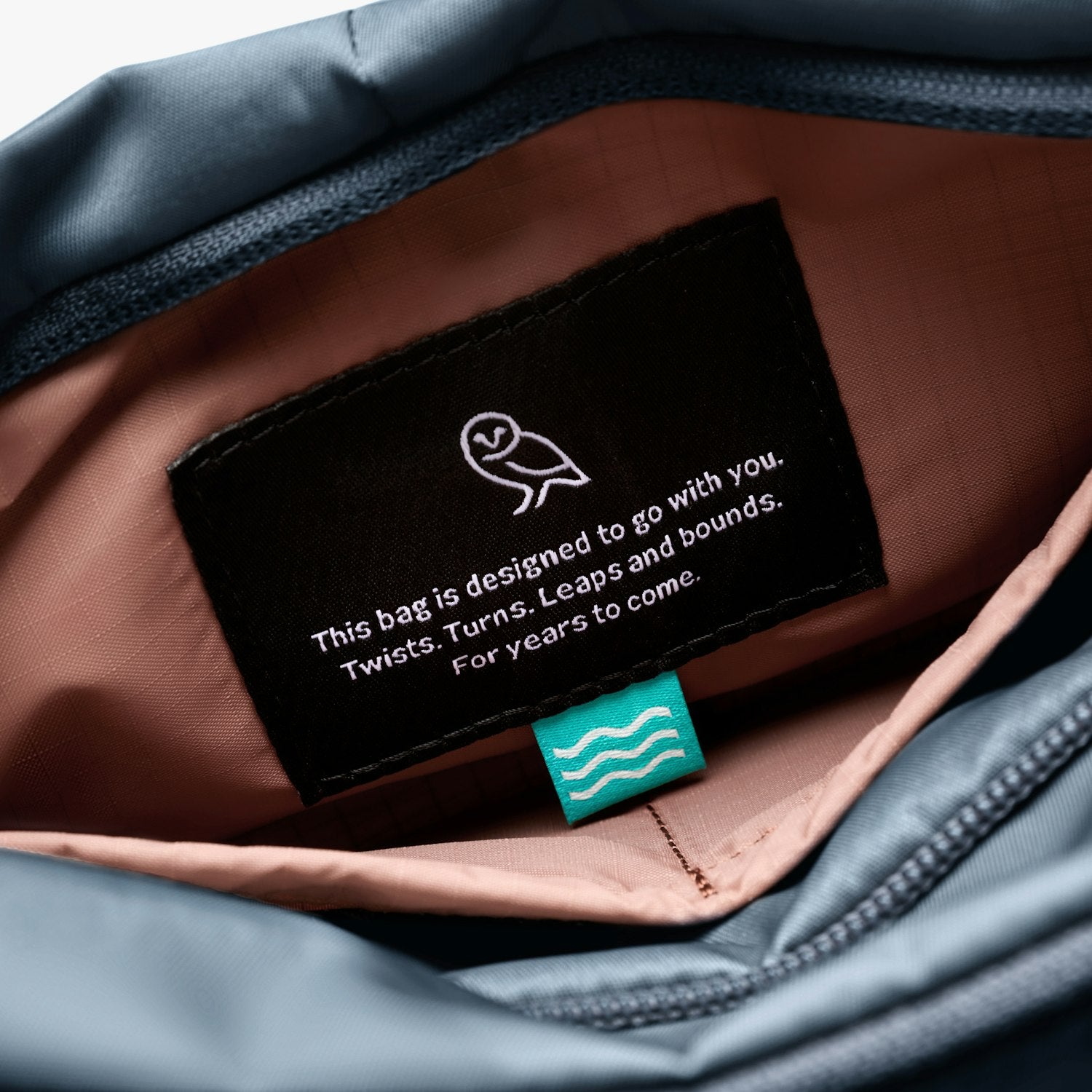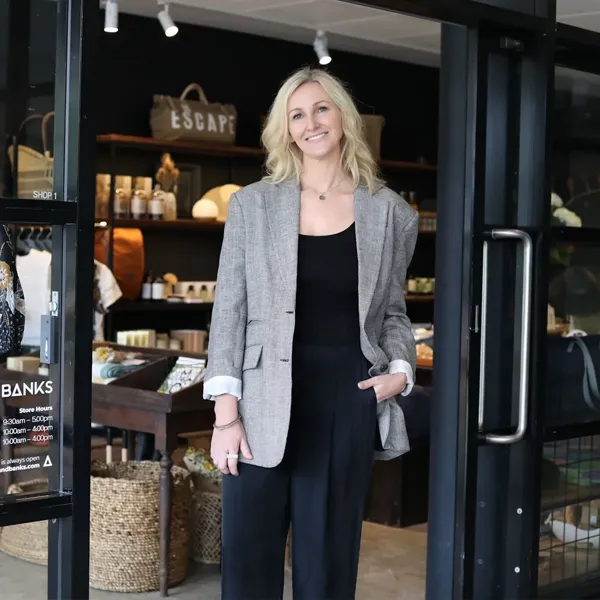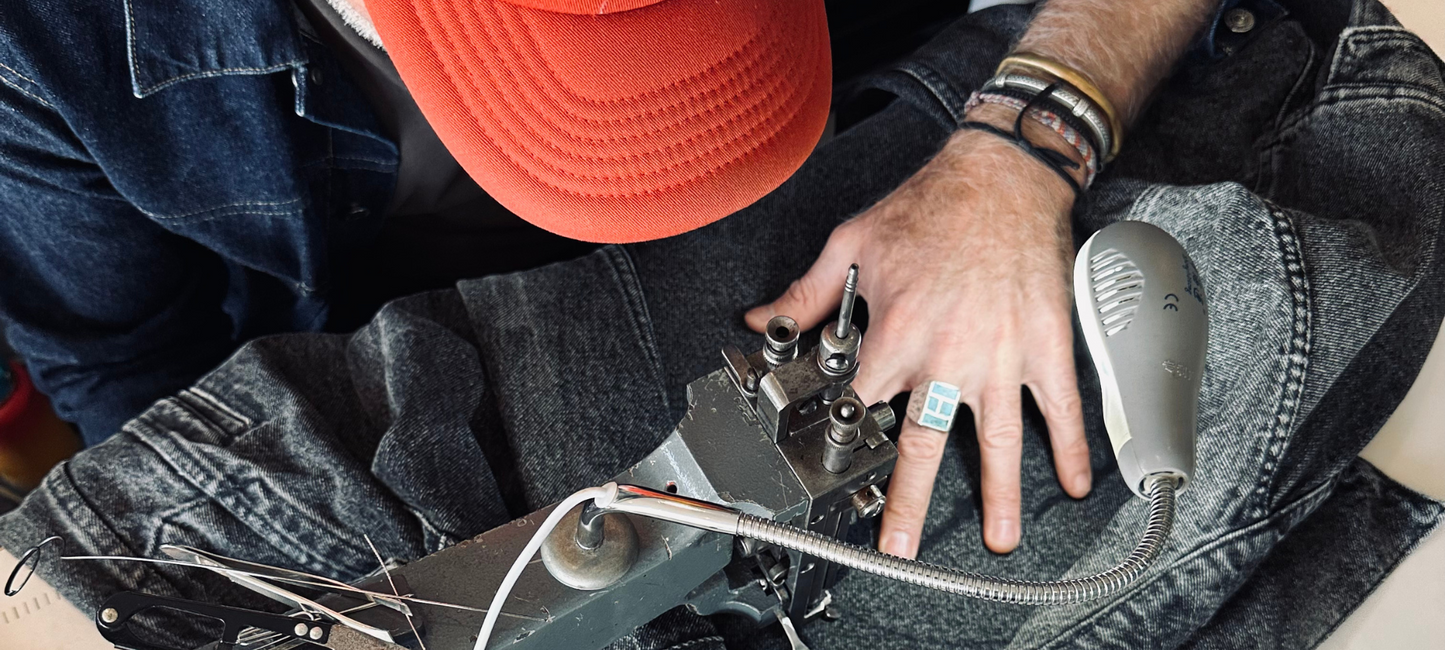9 Tips For Transitioning To Plastic Free
By Niccii Kugler
As many of you will know, this month is Plastic Free July. It’s a time when we are encouraged to make informed choices, ditch the plastic, and switch to more sustainable alternatives.
On average, Australians use 130 kg of plastic per person each year and, when only 12% of that gets recycled, it means up to 130,000 tonnes of plastic will find its way into our waterways and into the ocean. Ask any Australian and you’ll see that the vast majority of us recognise the impact that plastic has on our environment. We know that we need to be making eco-friendly changes to our lifestyle. The problem is that plastic is everywhere in our lives. From the lining of our coffee cups to our protective phone cases, plastic items seem unavoidable and the idea of going plastic-free can be overwhelming.
The fact is that when you’re juggling a million other responsibilities, making the change to a 100% plastic-free lifestyle just doesn’t seem realistic. So many people strive for perfection and get disheartened when they don’t get everything just right. However, it’s not about making huge changes to your lifestyle all at once. Any action you take to live more sustainably will make a worthwhile difference. As Anne Marie Bonneau so aptly put it "We don't need a handful of people doing zero waste perfectly. We need millions doing it imperfectly."
The key is to think about what your priorities will be and start small. Change is a process that takes practice and the decisions you consciously make will eventually form habits.
Here are some easy swaps you can make to start reducing your plastic use this Plastic Free July and beyond.
- The bathroom is a great place to start as there are plastic-free options for many essentials. Switch your existing deodorant for a refillable one, and choose packaging-free, solid bars for products such as soap, face wash and shampoo wherever you can. Toothbrushes and earbuds can be replaced with compostable versions made from sustainable bamboo and organic cotton. In the US alone, over 2 billion disposable razors are thrown away each year. And, because modern shaving cartridges contain so much rubber and plastic, they’re not recyclable either. A reusable safety razor is a one-off investment that will actually save you money in the long run and the blades are recyclable.

- Choose toilet paper that’s plastic-free. Who Gives A Crap is an environmentally-friendly option that’s conveniently and effortlessly ordered online and delivered (plastic-free) straight to your front door. Plus, they donate profits to build toilets in the developing world.
-
As mentioned, your takeaway coffee cup has a plastic liner that means they’re not recyclable. Bringing your own coffee cup is no big deal these days, so keep one in your handbag, car or on your desk. HuskeeCup is a cleverly designed, sustainable keep cup option with a twist – it features the organic husk that is a waste product of the coffee industry as a raw material.

- Stop buying bottled water. This is an easy swap. Keep a refillable water bottle handy and avoid contributing to the billions of single-use plastic water bottles that end up in landfill each year.
-
Remember to bring fabric reusable bags when grocery shopping, like Wandering Sol’s The Grande Soft Canvas Bag - Unwaxed. Choose paper over plastic when wrapping your produce or grab your fruit and veg "naked". Bring your own containers when buying food at the deli, and shop with your own reusable containers for pantry staples like pasta, legumes and nuts at bulk food stores.

- You don’t need a huge garden to grow your own produce. Some herbs and even salad greens can easily be grown in stylish pots on your kitchen windowsill or in a sunny corner and you’ll be saving on plastic packaging from the supermarket as well as transport miles.
- Choose plastic-free equipment for your home workout or yoga practice. Australian brand ZONE by Lydia, makes a beautiful range of cork and natural rubber yoga mats, cork blocks and fitness tools that are lightweight, durable, sweatproof and safe for the environment. And unlike foam products, the non-porous nature of cork means it will not absorb sweat or bacteria.
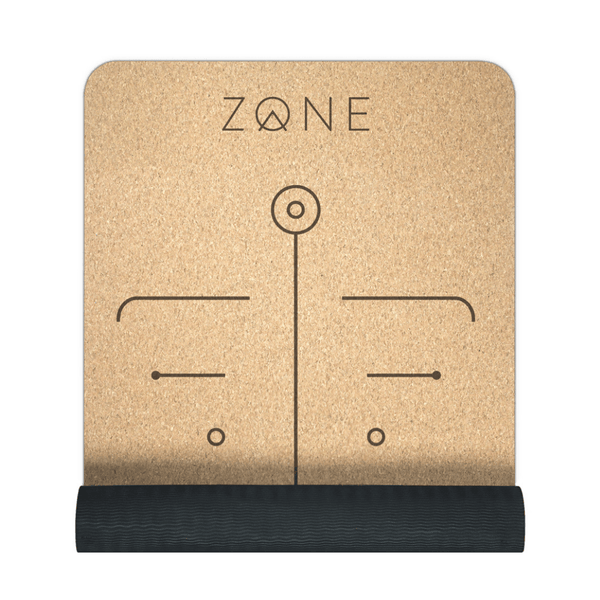
- A staggering 500 million plastic straws are used daily for an average of 20 minutes before being discarded so go on a straw strike. It’s easy to say no to a straw and either drink straight from the cup or BYO reusable stainless steel straws. These Gold Stainless Steel Straws by Kappi are reusable and the 4-pack comes in an organic cotton mesh storage bag for easy transport.
- An endless churn of smartphone cases end up in landfill, however brands like Pela have created sustainable solutions. Their Eco-Friendly iPhone Case is plant-based, 100% compostable, ethically made and is the world’s first truly sustainable phone case.

For more information on how to reduce your plastic waste, head to https://www.plasticfreejuly.org/
Shop our full range of Zero Waste options HERE.
← Older post Newer post →

